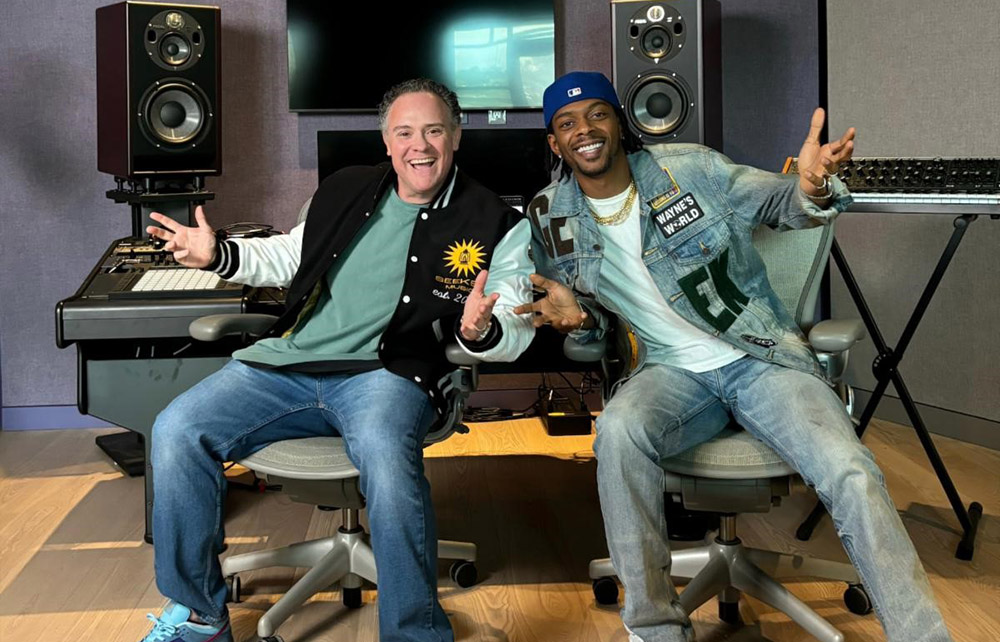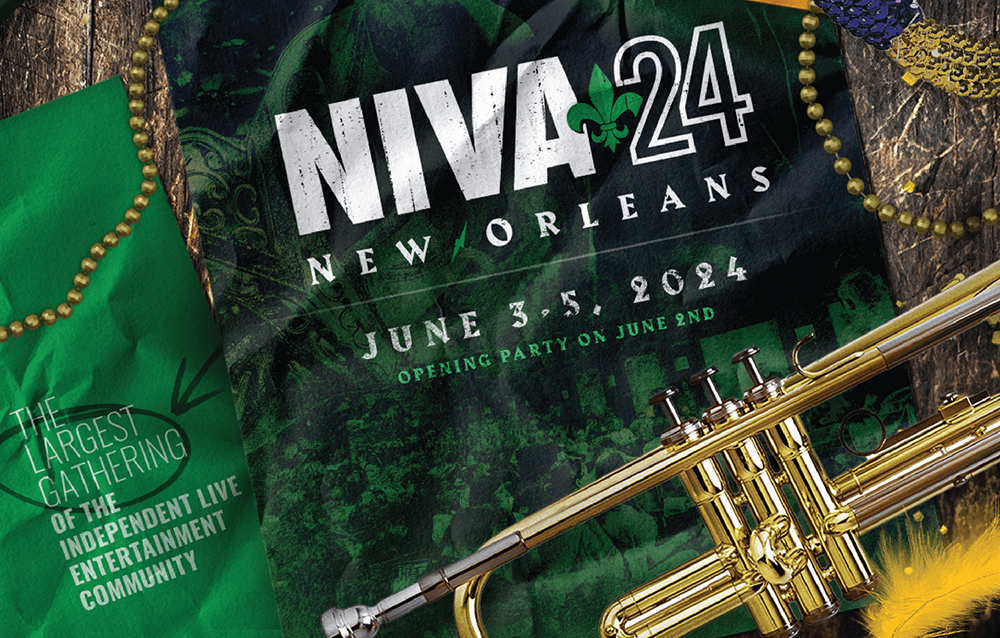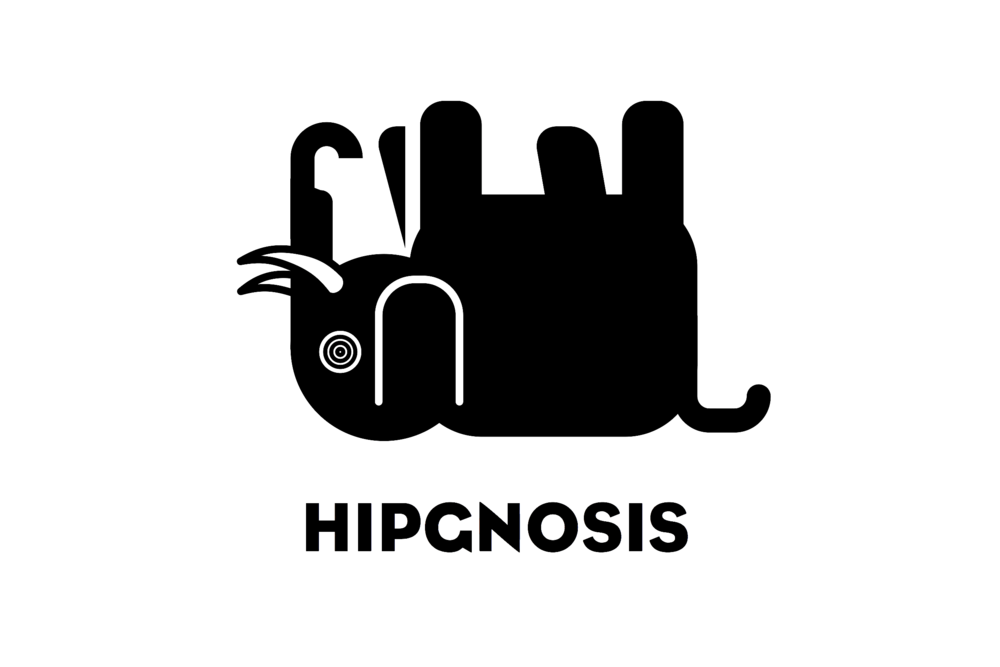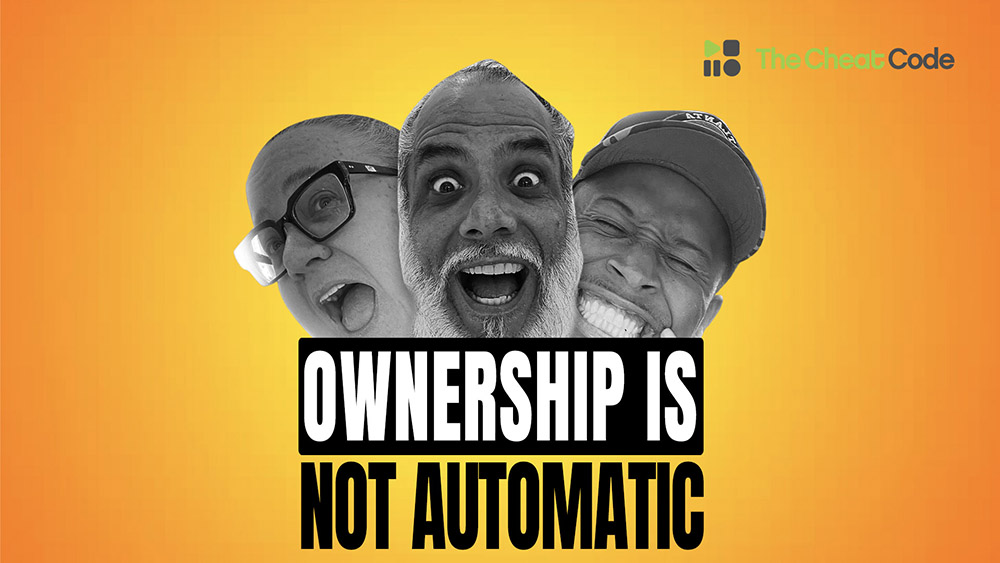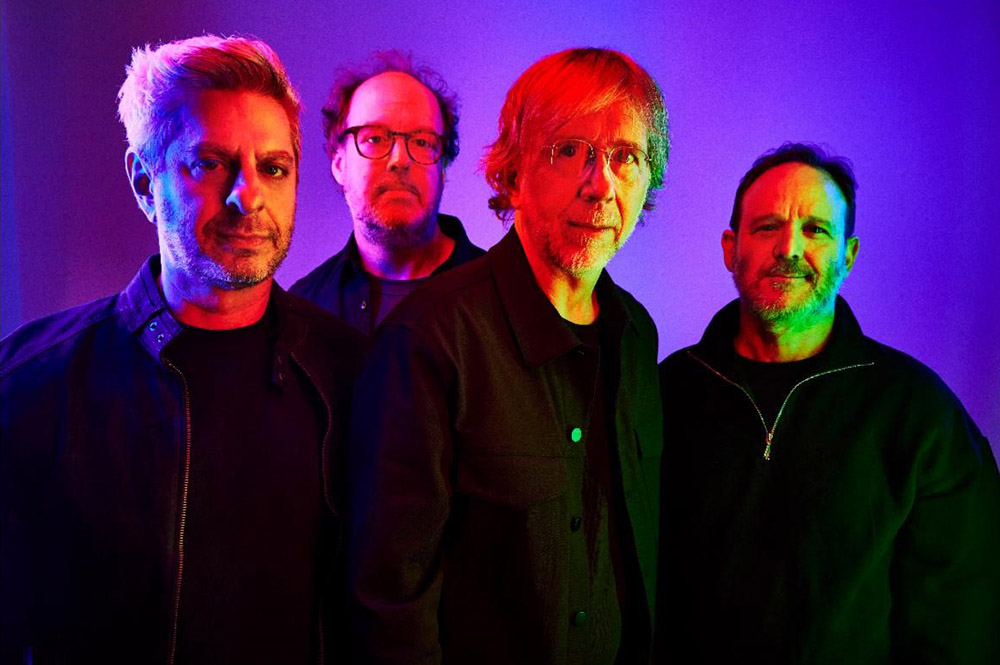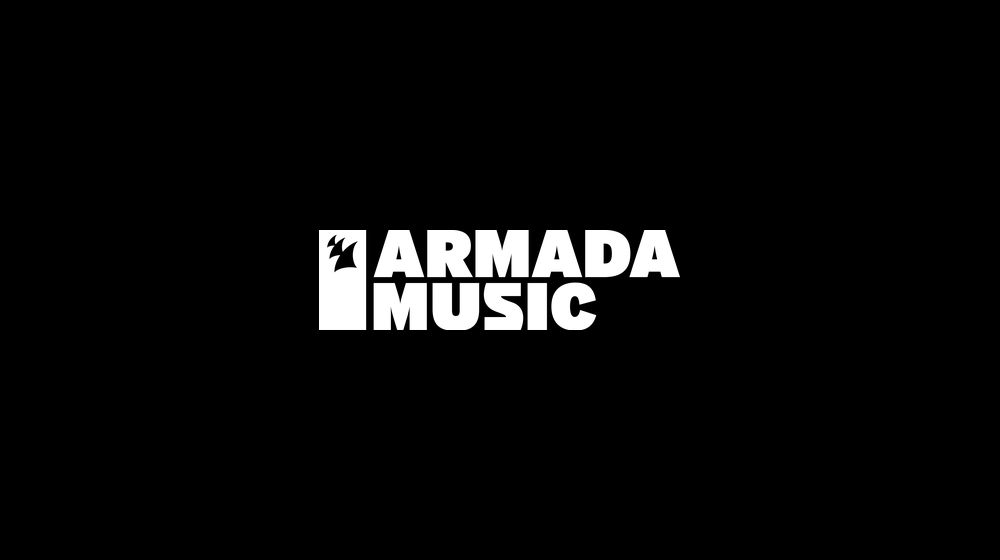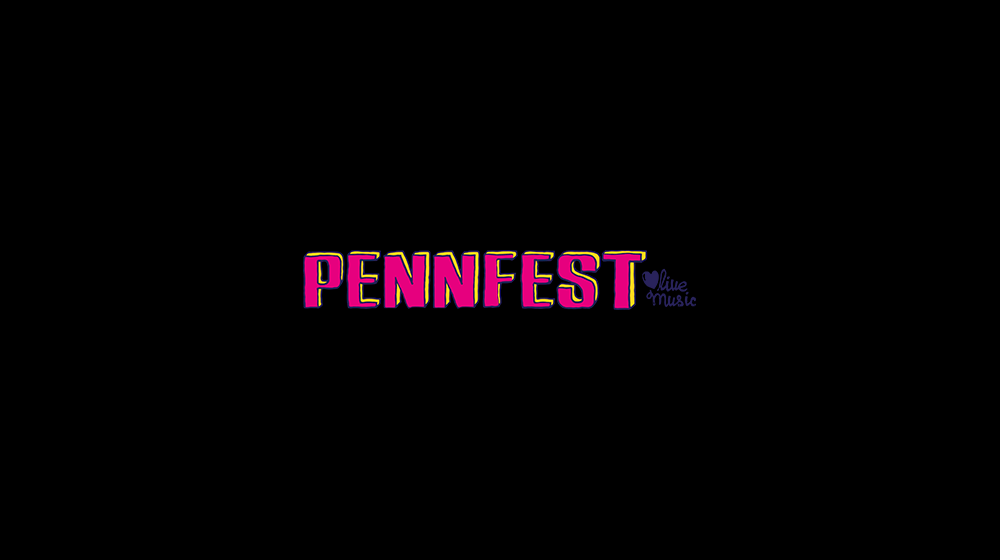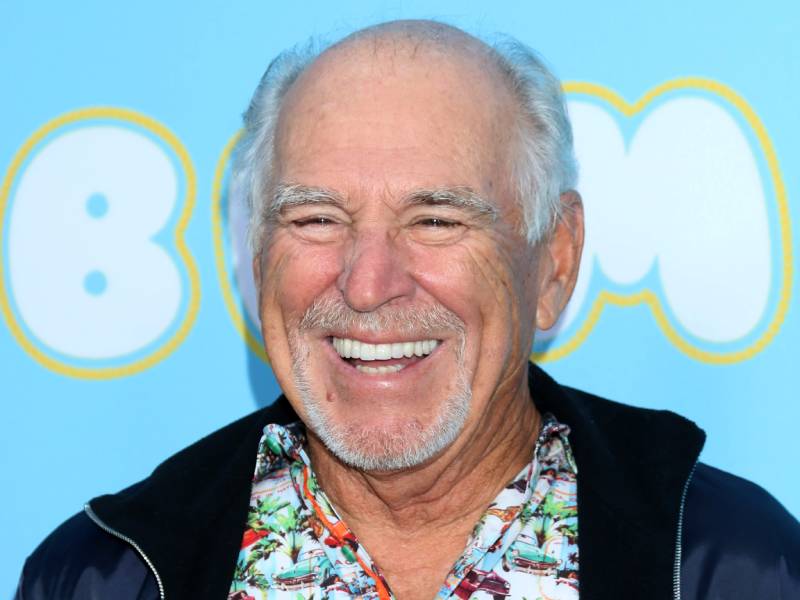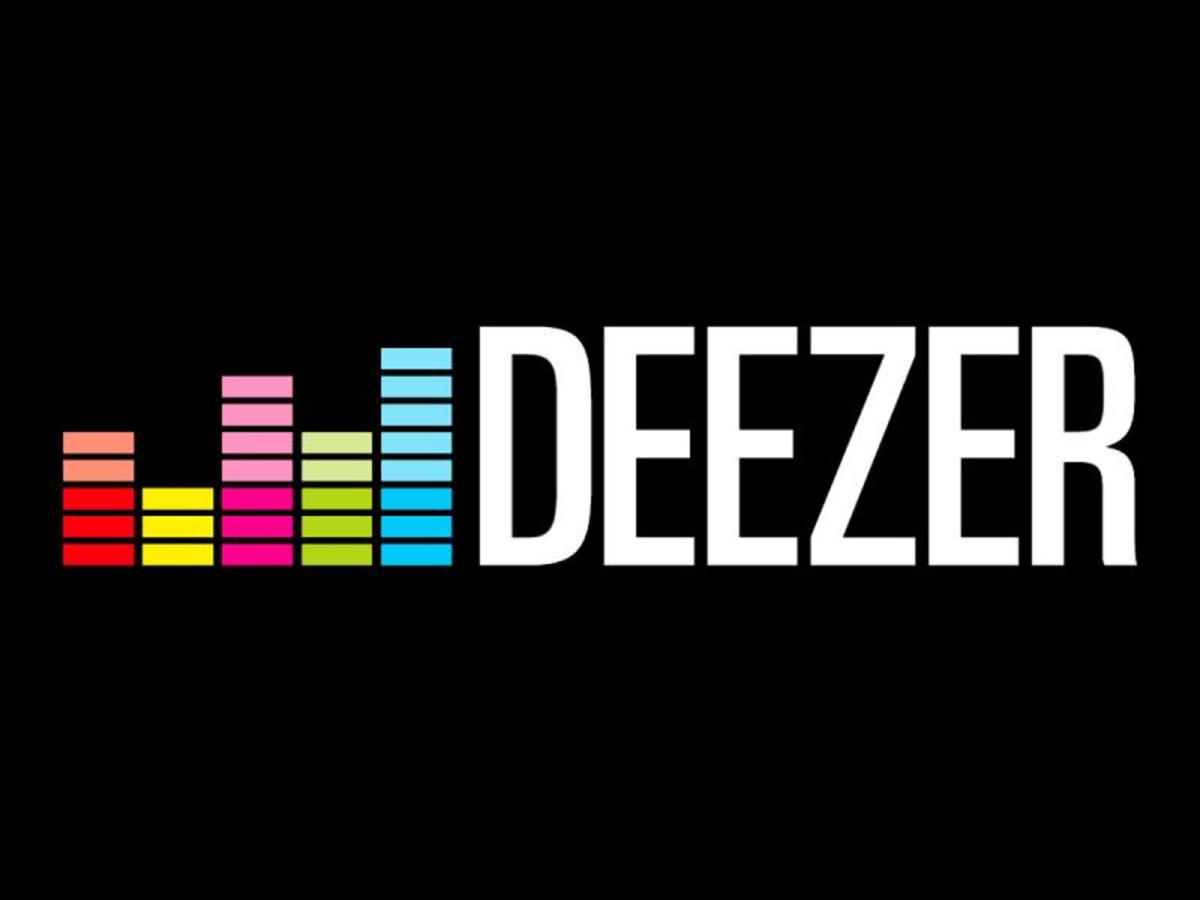
(CelebrityAccess News Service) – Greg Ross, the CEO of Go-Kart Records, an independent label based in New York, is taking on the RIAA. He is also allowing fans to download six albums from his website: Amazombies – Bitches And Stitches; Guff – Engine Trouble;
Capture The Flag – Start From Scratch; Daycare Swindlers – Heathen Radio; Plan A Project – s/t; and Pseudo Heroes – Prison of Small Perc.
"We at Go-Kart Records want to make it perfectly clear that the RIAA does not represent the views of all record labels," he says on the label's website. "We feel that only by embracing technology can we gain from it, and that a battle like the one that the RIAA is fighting can simply not be won."
"We do not believe that online downloads are all that is hurting the music industry," he continues. "It is a combination of problems, CD burning being the most injurious. Of course, major labels will never take action against the manufacturers of burnable CDs, since in some cases they would then have to sue themselves (why would Sony sue Sony?) Instead they are going after the music fans, whom they hope to intimidate and extort."
"We also feel that the lack of original and meaningful music is part of the major labels' problem. Simply put, if there is better music, people will spend money to own it instead of downloading or burning it. The success of Itunes proves that people are willing to buy music online if it is delivered in an intelligent way that is respectful of the consumer," he adds.
The major labels control almost all the means of exposure available today. How can you sell records without exposure? Radio is controlled through payola (or its modern form, consultants), the print media is controlled through quid-pro-quo agreements of ads for coverage and vice versa, retail is controlled by co-op dollars (which also includes in-store play for videos), and they even buy their artists' way onto opening slots on tours. So, with a few exceptions, the new music that most people are exposed to is controlled by the five major labels. But they CAN'T control what people download. All they can try to do is control people's access to MP3s, or scare them out of downloading music altogether."
So, we are putting our music where our mouth is to prove a point. We believe that if you like the music you hear you will support it by going to shows, telling your friends, and buying the bands CDs. With this in mind, we are allowing people to download some of our current releases AT NO CHARGE. In other words, we are essentially GIVING these albums away! "
These songs are all RIAA safe! If you like what you hear, please make a donation (see the PayPal button), check out the bands' shows, and spread the word. If you don't, what have you lost?
Ross also sent a letter to Hillary Rosen at the RIAA:
Dear Hillary Rosen, the RIAA, and the labels you represent:
I am writing this letter because, as is common, I do not share the media's opinion of a controversy. However, unlike most debates in which I do not feel qualified to comment, this time I do. So let me be start off by being very clear. The RIAA does NOT represent the views of the entire music industry. While you do represent the five major labels that (you claim) make up 90% music sales, you do not represent the majority of independent labels. Which is where I come in.
For almost 10 years, I have been running Go-kart Records, an independent label in New York City that has been described as one "twelve most important forces in underground music" by Guitar World magazine. To date, we have released more than 100 records, and our bands have toured the world and been covered by every major music outlet in the US (and many overseas). The point of all this self-congratulatory claptrap is not to brag, but to establish the fact that even though you may have never heard of us, we are a viable and growing label.
But I digress. As has been well established your organization, the RIAA, is suing 216 people for illegally downloading music. While the legality of the RIAA's obtaining the downloaders' identities is being debated, you have said that they will sue more people in future to stop them from "destroying the music industry."
Unfortunately, the problem is not downloading, which is only one part of much bigger problem. Downloading, using services such as Limewire, Kazaa and the late Napster, does not work very well. These services are frustrating and mediocre at best. Downloading is time-consuming, often has iffy results (songs skip or are incomplete), and sometimes the downloads are not even what they claim to be. Steve Jobs, CEO of Apple, which recently launched the popular Itunes Music store, said the same thing. ""It's not hard to do a better job than Kazaa," he said when introducing the Itunes Store. In less than 6 months, users have downloaded over 10,000,000 songs from Itunes, which is still only available to Mac users. The success of Itunes proves that people will pay for downloaded music, if it is delivered in an intelligent way at a fair price. If the RIAA and the major labels you represent stopped wasting time suing people and spent your time building a model that is as usable as Itunes, or added more product to the Itunes catalog, you would make more money and would certainly stem the tide of illegally downloaded music.
So, the real problem is not downloading music; the real problem is the burning of CDs. Anyone with minimal computer ability can burn a copy of a CD. They may not be able to download a song, and may barely understand e-mail, but burning CDs is simple. It's too simple. And that's what is killing sales. Why would anyone buy a CD for $18.99 (or even
$12.99 at Universal's recently announced lower price) when they can burn a CD that costs them less than a quarter (with no loss of quality, which is why this argument differs from the old cassette debate)?
It's as simple as this: I know many people who have never downloaded a song, but I don't know anyone who doesn't have a burned copy of a CD.
So why are you going after downloaders? Is it because you know they cannot stop people from copying CDs? Is it because the major labels you represent don't want to lose their tight-fisted control of the music industry, and since they can't control downloading, they want to eliminate it. In the past, if a new label took off, or a new sound or group became big, the majors would simply buy it. But they can't "buy" downloading. And that's what scares the people in power. While they all admit the pie is shrinking, it's their pie and they want all of it.
As it now stands, the majors control almost all the outlets of artist exposure. And how can you sell records without exposure? Radio is controlled through payola (or its modern form, consultants), the print media is controlled through quid pro quo agreements (ads for coverage and vice-versa), retail is controlled by co-op dollars (which also includes in-store play for videos), and they even buy their artists way on to opening slots on tours. So, with few exceptions (MTV being one, but I could be wrong), the access to fans is controlled by the five major labels. But the labels you represent can't control what people download, so all they can try to do is control people's access to downloads, or scare them.
So whom did you go after? The fan. The one person you need most. Instead of asking why people would illegally download and burn CDs, you are suing people and alienating them even further. Instead of asking what is wrong with your business model and recognizing that it needs to be fixed (as Apple did with Itunes) you have chosen to stand back and fight against twelve-year-old girls and 71-year-old grandfathers. Do you not realize that it is only by embracing new technology that they can survive, because in the end, technology will always win? Do you not realize that people see a lot more value in a
$19.99 DVD then in an $18.99 CD? Do you not see that people are tired of cookie-cutter artists and mediocrity? Your problem is not only downloading and burning, it's the product as well.
In the past, consumers could buy a single (a 45 or cassette single) if they liked a song. Now, those formats have been eliminated, forcing consumers to buy a full-length CD. Now that the public has the ability to sample records and make informed buying decisions, they are opting to not support crap. It's a simple choice, you can either pay $18.99 for one song or you can download it or burn someone else's copy for yourself. The opposite holds true as well. When Itunes first launched, the band Coldplay's singles were all over the Itunes charts, probably because so many people had heard them, but were only familiar with one or two songs. After people sampled the songs and decided they liked what they heard, Coldplay's album went from the 50s to the top 10 (and eventually number 1 I think) on the Billboard charts. At the same time the album started to rise up the charts, the number of downloads started to drop. People liked what they heard and they went out to buy it.
There will always be someone who takes advantage of a system, but just like the people who used to trade cassette tapes and make copies of other people's albums, they are not the majority. People want to support the artists they like, they just don't want to be screwed in the process. So they took the opportunity when it presented itself, and the music
industry, or the 5 major labels more specifically, will be forced to change. If they don't, they stand to lose their piece of the pie.
And we all know that the "music industry" has gained enormously from the invention of the compact disc. Many titles have been revived as consumers went out to replace their worn vinyl albums for the longer lasting and supposedly better sounding CD. Let's be honest, for awhile, the same technology that is supposedly "destroying the music industry", i.e. digital recording, helped to usher in some of the most profitable years the industry has even seen.
The music industry is only the first to fight this battle, but it won't be the last. As compression software gets better and bandwidth increases, the movie industry will have a similar situation on their hands as well. Right now, only the biggest tech geeks are downloading movies. But in a short time, perhaps everyone will. It's the same problem – why pay money to watch dreck like "Gigli" when you can download it for free. If the movie companies would stop releasing mindless, plotless movies then people will go and see them. But just like the music industry, they continue to raise prices, so the public suffers for their lack of foresight and vision.
Hopefully, other industries that have taken their customers for granted (sports teams beware) will learn their lesson now, and change before it's too late. For the RIAA and the rest of the "music industry" it's do or die time. Choose carefully.
Sincerely,
Greg Ross, CEO Go-Kart Records
–Bob Grossweiner and Jane Cohen
 Latin Music Sales Show Small Increase in First Half of 2003
Latin Music Sales Show Small Increase in First Half of 2003
 (CelebrityAccess News Service) — Shipments of Latin music CDs increased 1.7 percent in the first six months of 2003 according to statistics released by the Recording Industry Association of America (RIAA).
(CelebrityAccess News Service) — Shipments of Latin music CDs increased 1.7 percent in the first six months of 2003 according to statistics released by the Recording Industry Association of America (RIAA).
Although shipments of Latin music CDs at mid-year 2003 increased slightly, shipments of Latin music in all configurations in the first six months of 2003 decreased 4.6 percent compared to mid-year 2002, primarily due to fall off of the cassette format. At mid-year 2002, 18.9 million units of Latin music were shipped to retail and direct and special markets while 18 million units were shipped in the first six months of 2003. DVD music videos remained popular in 2003 with net shipments rising 58.3 percent.
"Physical goods piracy of Latin music continues to affect the entire industry. We have accordingly expanded our efforts to target counterfeit and bootlegged Latin CDs," said Rafael Fernandez, vice president of Latin music for the RIAA. "Our Anti-Piracy Unit's stepped up efforts during the first six months of 2003 have netted 200 percent more counterfeit and pirate music CDs than last year, the majority of which was Latin music. This success is significant because, in an increasing number of cases, pirated Latin music is illegally pressed in plants instead of copied onto blank CD-Rs."
"The industry is also looking forward to new releases from Sin Bandera, Cristian Castro, Luis Fonsi, Juan Gabriel, Julio Iglesias, Luis Miguel, Banda El Recodo, Alejandro Sanz, Thalia, and Carlos Vives."
In order to provide a more in-depth and comprehensive look at these statistics, U.S. Latin shipment figures are now broken out by genre. For reporting purposes these genres capture the majority of Latin product being shipped. Product is designated by the reporting companies to the genre to which it best fits. In the first half of 2003, Regional Mexican, which includes Tejano, made up 66 percent of all Latin shipments in terms of dollar value. Pop, which includes rock, contributed 26 percent of all Latin shipments and the Tropical genre accounted for 8 percent of all Latin shipments.
The figures in this report reflect net shipments of full-length CDs, cassettes, music videos and DVDs into the marketplace and the dollar value of those shipments (at suggested list price) as reported by BMG U.S. Latin, EMI Latin, Sony Discos, Universal Music Group, including Univision Music Group, and Warner Music Latina. The RIAA's coverage of the U.S. Latin music market is estimated at approximately 80 to 90 percent. No projection of the non-reporting segment of the market is made. Latin music is defined as product that is 51 percent or more in Spanish language. The accounting firm of PricewaterhouseCoopers LLP compiled this report.–Jane Cohen and Bob Grossweiner




















